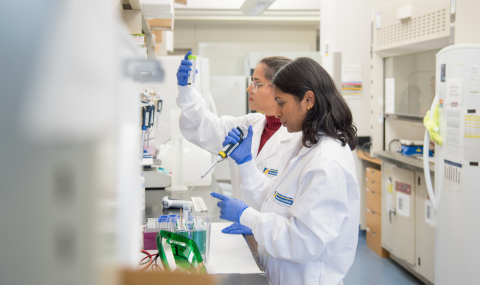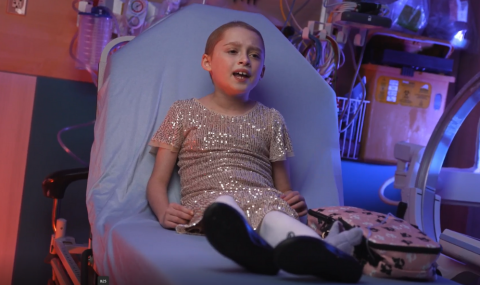About Neurosurgery
At University Hospital, we pride ourselves on our commitment to excellence in neurosurgical care, offering a comprehensive range of services to patients with neurological conditions. In 2023, our dedicated team performed 1402 neurosurgical procedures, surpassing the 1295 procedures performed the previous year in 2022.
We provide specialized services tailored to meet the unique needs of our patients, including the Neurological Observation Unit. This six-bed Level 2 Care Unit offers specialized care and continuous monitoring for patients who are critically ill or recovering from neurosurgical procedures. Our dedicated team provides specialized care and constant observation for patients during their stay. Patients may then transition into the general clinical neurological sciences unit when they no longer need level 2 care.
Our neurosurgery team works collaboratively with a variety of health disciplines to ensure comprehensive care for our patients. This includes physical therapy (PT) to help improve movement and strength, occupational therapy (OT) to assist with daily activities, speech-language pathology (SLP) for communication and swallowing difficulties, social work to help you to address the social and emotional aspects of illness or injury, and dietary guidance from our registered dietitian to support overall health and recovery.
Our department has a rich history of innovation. London's first neurosurgeon, Charles Drake, achieved worldwide recognition for developing a cure for the brain's most challenging aneurysms. Alongside Dr. Drake, Dr. Henry Barnett co-founded Clinical Neurological Sciences, where he also made groundbreaking discoveries. Dr. Barnett was the first in the world to provide compelling evidence that aspirin can significantly reduce the future risk of stroke in individuals with specific risk factors.
Our team specializes in a variety of neurosurgical procedures, with some of the most common including:
Craniectomy
A surgical procedure to remove a portion of the skull to access the brain, often performed to relieve pressure on the brain caused by trauma, swelling, or tumors.
Ruptured Aneurysm Repair
A procedure to repair a weakened blood vessel in the brain that has ruptured, preventing further bleeding and potential neurological damage.
Stroke Treatment
We offer advanced interventions for both ischemic and hemorrhagic strokes, including thrombectomy to retrieve clots and surgical interventions to repair blood vessel abnormalities.
Surgery for Epilepsy
Our neurosurgeons are experienced in performing surgical procedures to treat epilepsy, including removing areas in the brain where seizures start and implantation of neurostimulation devices.
Parkinson's Disease Management
We provide comprehensive care for patients with Parkinson's disease, including deep brain stimulation surgery.



